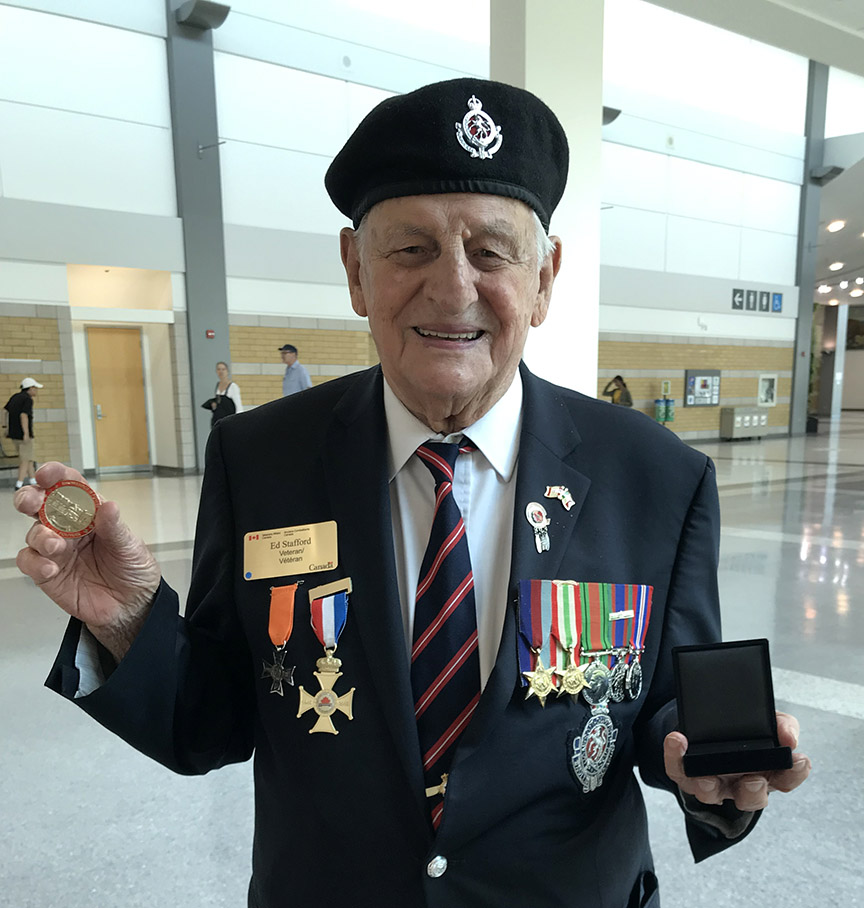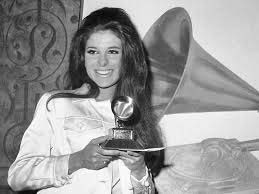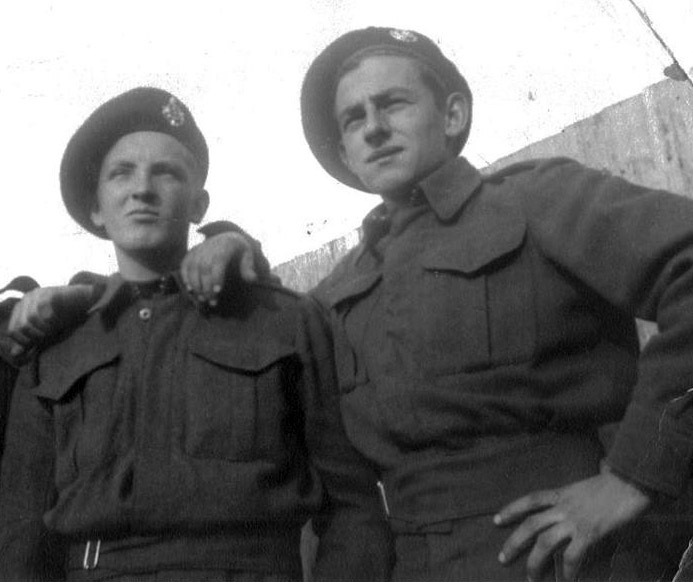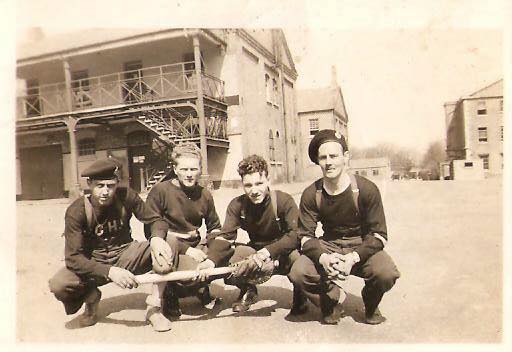
They all stood in a circle. All the men wore dark-blue Legion blazers or military dress uniforms. Most were greying or bald. I knew I was in trouble if I was going to find my specific contact – one of the featured guests at last Saturday’s CNE Warriors’ Day Parade – because I didn’t know what he looked like. I just knew he was a veteran. As I greeted the group of men, they all turned to face me. And I immediately knew I was saved. They all wore name tags.
“Mr. Stafford,” I said, glancing down at his name plate. “Ed Stafford, Veteran,” the tag said.
In addition, I recognized the badge on his cap as that of the Governor General’s Horse Guards (GGHG), and I knew he was one of the guests of honour I was to meet.
It happens all the time. I think it happens to all of us. We see people, often people we see from day-to-day business, or social circles in which we travel or even working colleagues whom we’re supposed to know. But because of human frailty, we have forgotten their names. Actually, I don’t think it’s even the frailty of age.
Society bombards us with so much information, that we cannot keep things straight. It’s the age of data-overload. And none of us can possibly keep up. Especially when it comes to remembering people’s names. And even more so, if the people we meet are out of context (encountered away from the normal circumstances of our acquaintance).
Memory is the most precious gift. But it can also be among the most frustrating faculties of the brain to activate – trying to remember a telephone number, a street name, an e-mail address or just a piece of trivia in a conversation. When we were younger, it seemed, remembering things was never a problem. We could recite by heart the capitals of the 10 provinces and those of all 50 states.
Years ago, in Edmonton, I worked on a CBC TV show with a co-host – Lee Mackenzie – who took great pride in reciting the name of that Welsh town purported to be the world’s longest place name:
“Llanfairpwllgwyngyllgogerychwyrndrobwllllantysiliogogogoch,” she would spit out without the slightest hesitation. And we would all stand there stunned that she had memorized every last syllable.

But speaking of remembering names, even more amazing was the memorizing dexterity of the 1970s singing star Bobbie Gentry (remember the American chanteuse who penned the hit song “Ode to Billy Joe.”) On one occasion back then, I managed to talk my way into a recording company reception for her. There had to be 150 people in the room, all eager to have a word with the talented and stunning Ms. Gentry.Over the course of an hour or so, a record label flak circulated through the room with Gentry on his arm introducing her to each cluster of cocktail-drinking, enamoured media types.
It took some time before she and the PR guy got to the little cluster of four people in my group. I introduced myself to her. She nodded dutifully, moved to the next guy and the next and nodded to them too. Then, taking advantage of the short lull in the conversation, I thought I’d ask her if she’d consent to an interview.
“Excuse me, Ms. Gentry,” I said…
And before I could blurt out my request, she turned back to me and said, “Yes, Ted?”
I was dumbstruck. I couldn’t believe it. Despite being inundated for an hour by a stream of names during her walk-about, she had miraculously remembered mine. She either had a photographic memory or she was such a pro at this meet-and-greet routine that she could pull off that kind of instant recall effortlessly.

By the way, Ed Stafford, my acquaintance at the CNE Warriors’ Parade proved to be a fascinating subject. Born in 1920, he enlisted in the Canadian Army during the Second World War, and became an accomplished chauffeur for officers and other dignitaries in the GGHGs.
His regiment joined the liberation of Italy in November 1943 and he was present when the Canadians drove the occupying Germans from Rome, but were prevented from being recognized as the liberators of the capital, so that Gen. Mark Clark and the U.S. Army could pass through Canadian lines to scoop up that honour.

“No matter,” Ed said. “We got even.” And he recounted how an American construction battalion accompanying the U.S. liberators, built a baseball diamond outside Rome. The Americans challenged the Canadians to a game. “We beat them,” Stafford said.
So, thanks to his story, I won’t forget Ed Stafford’s name now. I’ll always remember Ed and the Governor Generals’ Horse Guards really liberated Rome, and then beat the Americans at their own game. I won’t need a name tag to remember Ed’s wartime victory.
Wow. I just came across this article on Ed Stafford. I remember him coming to our house when I was a kid. My Dad Frank Clarke was in WW2 with him. I would love to reach out to him. My dad passed away 14 years ago, and I am trying to find out some info. If you could get my contact info to his daughter that would be awesome
Bill Clarke
bill.1954@hotmail.com